AO Edited
Ragnhildsholmen Castle Ruin
This castle ruin in the middle of nowhere is a gem for wildlife enthusiasts.
When you drive on the road around the otherwise flat countryside of the northern part of the Swedish island of Hisingen, you don’t expect to see a hill with a castle ruin along the way. This fortress has seen some history, and today it is a sanctuary for many different birds and other animals, too.
Ragnhildsholmen was a strategic fortress built by the Norwegian king Håkon V during the 13th-century. Håkon and the Swedish king, Magnus Ladulås, had a friendly relationship. Håkon gave the fortress to the king’s son, Duke Erik, in 1304. Some time later, the friendly relationship ended, and Håkon tried to violently recapture it.
The fight continued, and Ragnhildsholmen was only used for less than 100 years. It was likely abandoned by a large fire or by taking the stones to another fortress, Bohus, on the other side of the river. It wasn’t rediscovered until centuries later, in the 1800s, an excavation team led by the archeologist Wilhelm Berg found coins, weapons, tools, and other ancient artifacts on the site.
Today, Ragnhildsholmen is a sanctuary for birds, including nightingales, warblers, and harriers. In the spring, kids can catch tadpoles along the stream that goes on the path from the road to the castle. The view is beautiful on the top of the hill. You can see the flat country landscape of northern Hisingen on one side, to the town of Kungälv on the other side of the river Nordre Älv. You can climb around the ruins and explore it yourself.
This piece of Bohusian heritage is surprisingly unknown. There are not many visitors to this place, so you can almost have the hill for yourselves most of the time.
Know Before You Go
Spring and summer are the best time to visit. The ruins are located along Kongahällavägen road; follow signs for Säve. There is a small parking lot at the site.

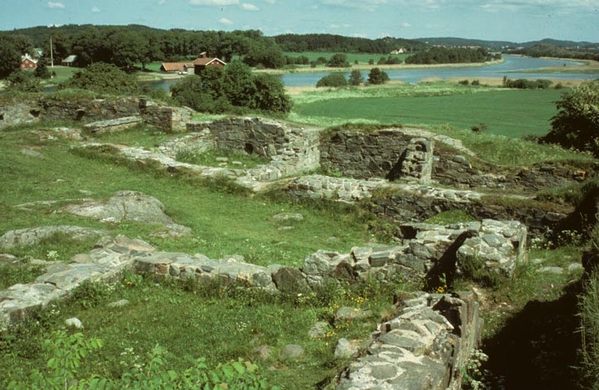
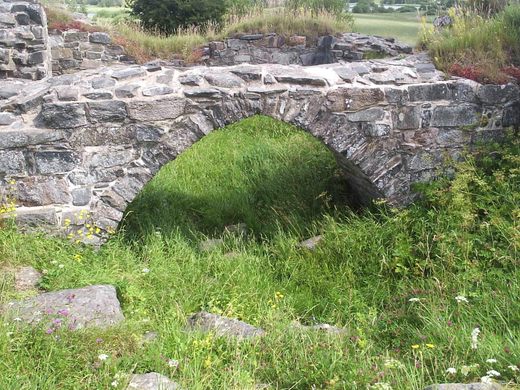
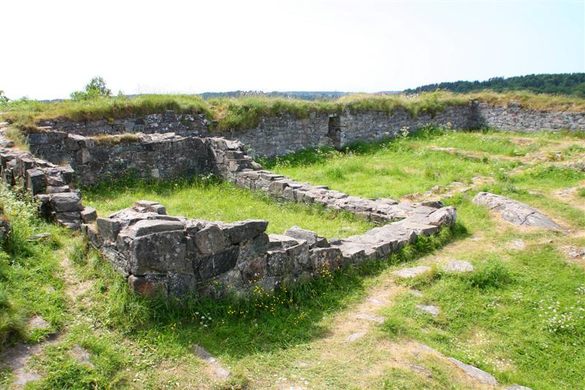



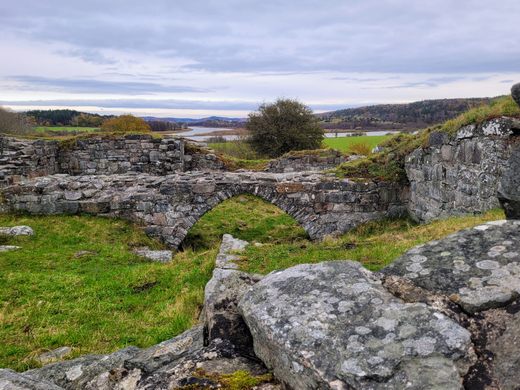
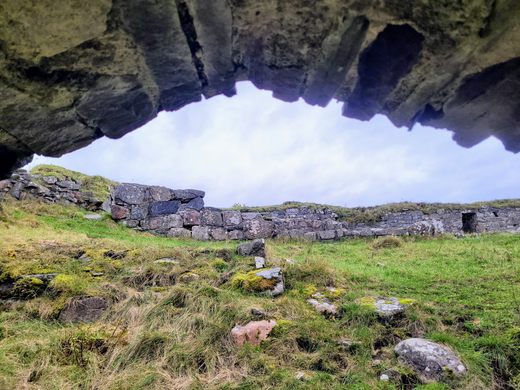






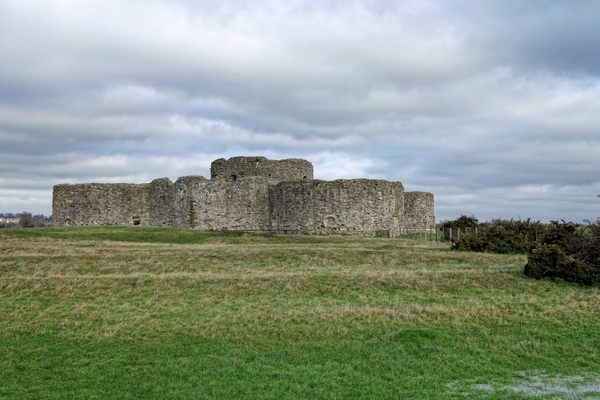
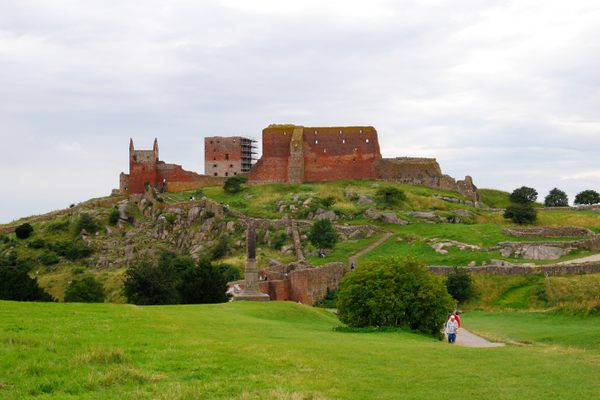

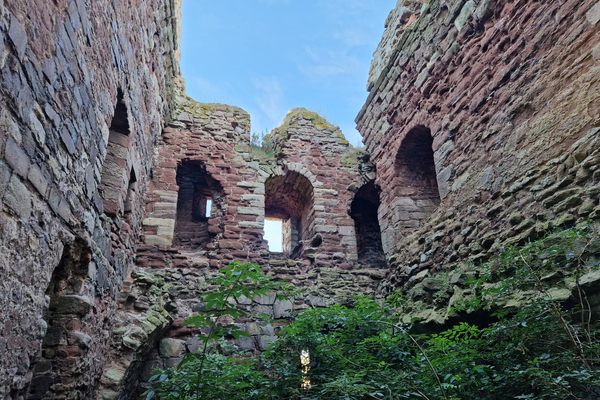

Follow us on Twitter to get the latest on the world's hidden wonders.
Like us on Facebook to get the latest on the world's hidden wonders.
Follow us on Twitter Like us on Facebook